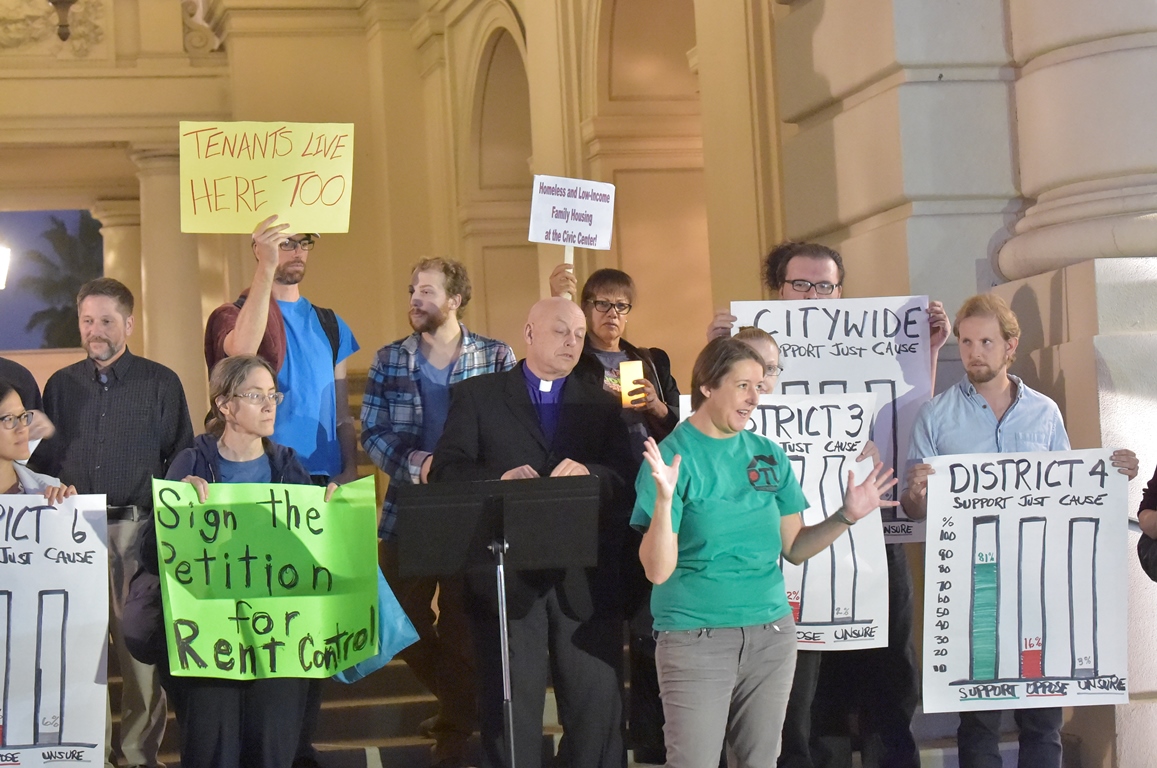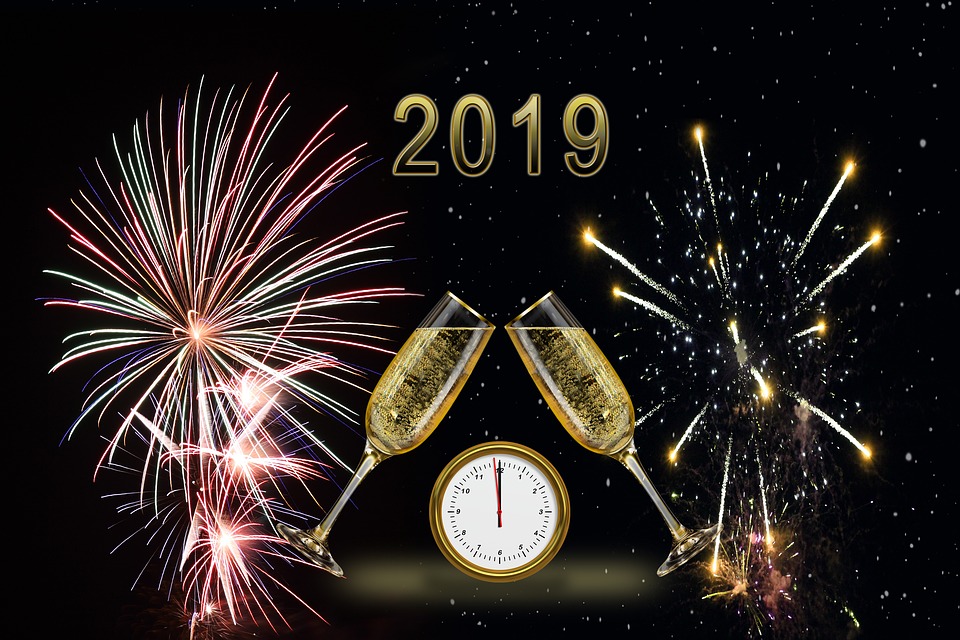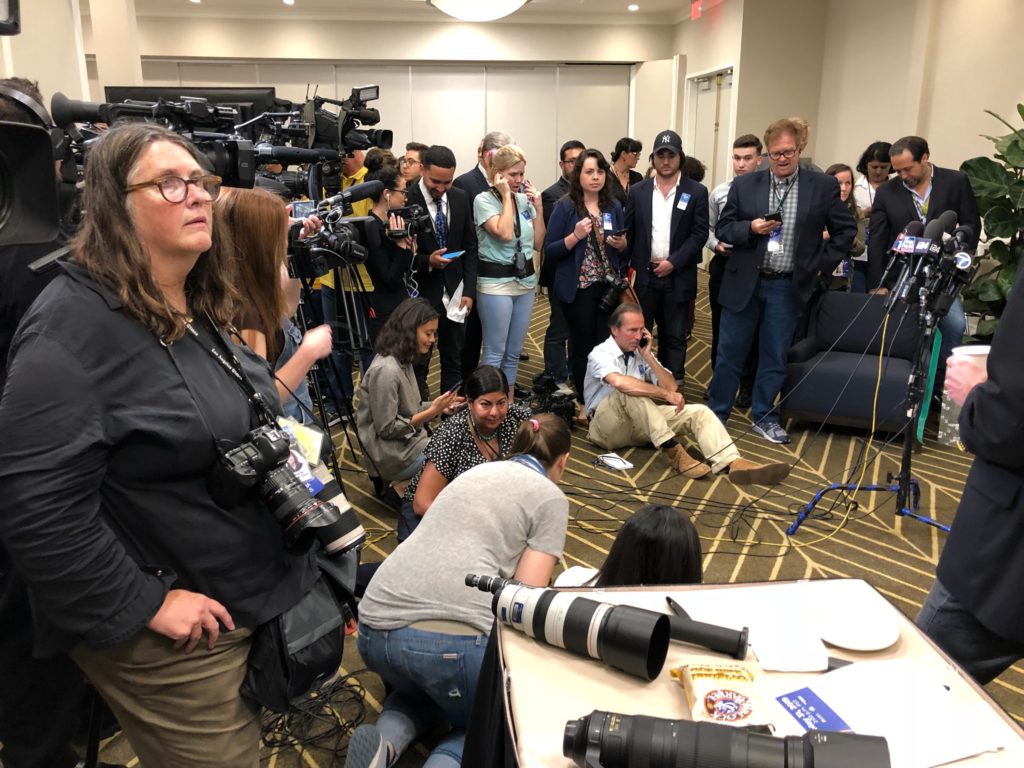
But will 2020 bring more solutions?
By Alex Cordero
Collaborative efforts from community leaders, local organizations and government officials to fight homelessness and create affordable housing in the Crown City have made an incredible difference for many people in need of housing during 2019.
The Pasadena Homeless Count, conducted on a single night in January, found the number of people experiencing homelessness in 2010 was in the thousands. Slowly, in the last decade the homeless count has been decreasing.
The 2019 Homeless Count revealed a 20% total decrease in the number of people experiencing homelessness since the 2018 count. The study also states there are 141 fewer people living on the streets in 2019, a 31% decrease from 2018.
But what has changed since 2018? The answer, in part, is that the narrative surrounding homelessness has changed.
The idea of changing the narrative arose as a result of a project potentially turning the Ramada Inn on Colorado Boulevard into permanent housing units for homeless residents. The project came to a halt due to NIMBY-ism (a “not in my back yard” mentality) in the area back in 2018.
Shawn Morrissey, director of advocacy and community engagement at Union Station, recalls the opposition from many local residents on the homeless project and explained that it was a pivotal moment for local advocates who concluded that in order to present new housing solutions to the community, they first had to educate local residents on the myths and stigmas that have accompanied homeless issues for decades.
“Until our neighbors understand the complexity of the issue and all the factors, we cannot move forward with affordable permanent housing.”
Discrediting the many myths about homelessness in Pasadena with facts has had a tremendous impact on the community.
Union Station has been one of the leading forces in transforming the narrative around homelessness and has been able to work with city officials, developers and community organizations to combat their next focus which is targeting the increasing number of people 55 and older in need of housing.
“Our next focus is to create affordable permanent housing for seniors. In the next couple of years a building for affordable housing for seniors on the corner of Orange Grove and Fair Oaks will be developing and it will be called Heritage Square South.”
Per Union Station, the number one reason given for experiencing homelessness is job loss, about 64% of people have fixed incomes of $1,099 or less, and 58% of people report the City of Pasadena to be their last city home address.
This is the type of information being presented to local residents as part of the new narrative around homelessness by Union Station, local organizations and advocates in Pasadena.
Perhaps the most popular myth being addressed by Union Station and other advocates has been the idea that people experiencing homelessness are from outside city limits. According to the recent Homeless Count, more than half of the people calling the streets of Pasadena home are former neighbors of the community. In addition, Morrissey shared that another common reason for homelessness is high rent increases in the city.
In 2016, the Pasadena Tenant Justice Coalition (PTJC) was formed to address the alarming rise of rent costs in the city and all of the aftermath being caused by them.
Their main focus has been to have rent control and just cause protections for tenants in Pasadena. The coalition consists of the following organizations working together to have these policies in place: Pasadena Tenants Union (PTU), American Civil Liberties’ Union (ACLU), Affordable Housing Services, Democratic Socialist of America-LA, and Socialist Scientists of Pasadena.
The PTJC has been campaigning strong for rent control and tenant protection since and they are determined to get their measure on the November 2020 ballot.
The campaign reads in part:
“Our campaign will address the lack of tenant protections in Pasadena resulting in unconscionable rent increases, as well as the city’s allowance of the practice of evicting tenants who are in full observance of their lease obligations, resulting in extreme housing instability for many tenants. Low and moderate income tenants of color have been especially hard hit by the city’s failure to control rents and its permission of arbitrary evictions.
“The campaign seeks to establish laws giving tenants basic dignity in their housing: rent control ensures rents cannot increase more than inflation, and eviction protections ensure landlords can’t evict tenants without cause.”
They have started the process of collecting signatures to put the measure on the ballot for Nov. 3, 2020. Visit PTJC2020.org to find out more information about the measure and how you can get involved.
Another leading force of affordable housing accomplishments in the city, with decades of experience on how to make it happen, has been the Greater Pasadena Affordable Housing Group (GPAHG). The grassroots organization’s area of expertise has been deciphering housing studies, regulations and policies in Pasadena to formally compile the hard reading details, and sometimes difficult to understand information, and present them before government officials to advocate and demand change in policies impacting affordable housing.
The organization also plays a big part in narrowing down what current policies are in place and what exactly needs to change in order to enforce affordable housing solutions in neighborhoods.
The organization had a major impact this year by successfully advocating for inclusionary policy updates increasing the affordable housing set-aside units from 15% to 20%, increasing the in lieu fee, and ending trade downs.
GPAHG has also been highly involved with Union Station and joined the fight to create 134 permanent supportive housing this year alone.
They conduct weekly vigils at the YWCA with the anticipation that it will be approved for 94 more affordable housing units, of which half of them will be reserved for homeless individuals in the city. First Baptist, Calvary, First UMC, Rose City Church and Neighborhood Church have been some of the organizations of faith participating in the weekly vigils.
GPAHG was behind the planning of the Martin Luther King Jr. prayer vigil to preserve 169 affordable units in Chang Commons on the Fuller Campus. The potential property sale of the building caused friction between Fuller Seminary and the City of Pasadena due to the affordable housing terms tied permanently to the property. Fuller recently announced that after many challenging factors they will not be selling the Chang Commons building.
Jill Shook from GPAHG shared the next possible chapters for the upcoming year:
“We are in a place, after one year of becoming a nonprofit, where we need to build our capacity and continue to grow our staff, do staff training and more. We try to do everything by consensus within our five subcommittees and with our organization as a whole. We will have a staff retreat in January to clarify our goals for 2020 but some of the ideas we have been discussing are researching the value of a vacancy tax to incentivize unused land and units to participate in adding needed housing units. Also, this would provide much needed funding for affordable housing. Right now there is no local dedicated funding source for affordable housing and we need one. Perhaps this too will come up as part of our 2020 agenda.”
What a remarkable year for local residents in need of safe housing in Pasadena and everyone involved including many other organizations and advocates not mentioned in this article. City officials also deserve recognition for doing their part in enforcing affordable housing policies and supporting efforts to continue to fight for affordable housing in the city during the last decade and more so this year. 2020 appears to be a promising year to continue the fight to end homelessness and potentially keep creating affordable housing solutions for residents in Pasadena.







